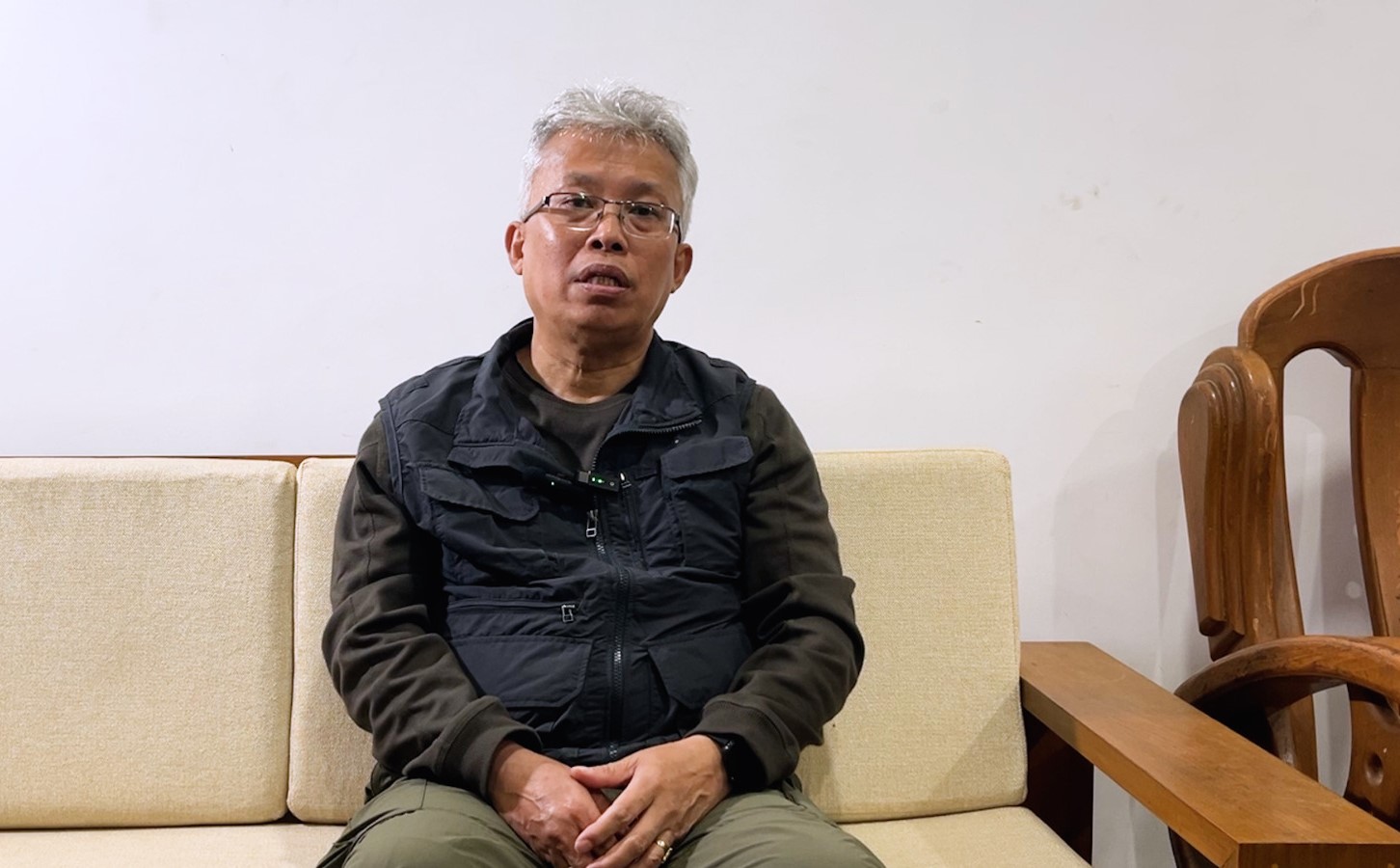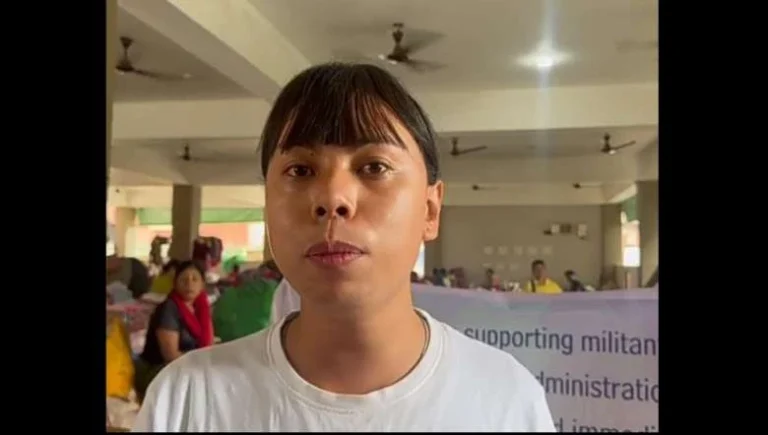A. Bimol Akoijam Barred from His Own Constituency: Unpacking the “Communal Buffer Zone” Controversy
Inner Manipur MP A. Bimol Akoijam has alleged that on June 29, 2025, security forces barred him from entering Phougakchou‑Ikhai Makha Leikai Keithel (a market area in Bishnupur district), which lies within his parliamentary constituency. Despite a strong military presence, he claims civilians from other communities, including Pangals (Muslims), were allowed entry while he was stopped—calling this enforcement of a “communal buffer zone” that deepens divisions in Manipur.
What Exactly Happened on June 29, 2025?
On the evening of June 29, security forces stationed in Bishnupur district prevented MP Akoijam from entering the bustling Phougakchou‑Ikhai Makha Leikai Keithel market area. He took to X (formerly Twitter) to express his frustration, pointing out that civilians from other communities were freely walking through the same zone .
The “Communal Buffer Zone”—What’s the Buzz About?
Akoijam fired a series of pointed criticisms, accusing authorities of drawing an “imaginary and unconstitutional” buffer zone—a tactic, he argues, geared toward enforcing a subtle but harmful communal divide in Manipur.
By his account:
- He, an elected MP, couldn’t access part of his territory.
- Others, including Pangals, passed unhindered.
- This, he asserts, “nurtures a communally founded division.”
He concluded by urging political sincerity: “Only honest and determined efforts can solve the issue, not lies and cynical approaches”
Why This Is a Big Deal
a) Erosion of Democratic Access
Imagine being elected to serve an area and then being barred—while others walk freely. It raises serious constitutional and democratic red flags.
b) Fueling Communal Mistrust
Labeling the move as “communal” or “bias” in enforcement could deepen existing tensions. Trust in democracy and law enforcement becomes harder to build when actions seem uneven.
c) Security vs. Accessibility Balance
While security zones are sometimes necessary, they must be transparently justified. Here, citizens—including their chosen MP—deserve clear explanations.
A Closer Look: Constitutional & Political Dimensions
Legal Issues Over Doorstep Democracy
Blocking an elected representative touches on constitutional guarantees: public access to representation, and freedom of movement—especially when the restriction seems selective.
The Risk of Sectarian Policy
If buffer zones are applied unevenly across community lines, they risk being perceived as sectarian tools—undermining social cohesion.
Political Messaging or Tactical Move?
Is this political posturing ahead of future assembly or national elections? Could be both—a platform to voice deeper concerns about democratic equity.
Final Analysis
Here’s what stands out:
- Akoijam’s experience isn’t just about him—it’s about democracy, access, and equality under law.
- Alleged “communal buffer zones” reflect deeper unease in Manipur’s political-social fabric.
- How authorities respond—through transparency, policy, or legal clarity—could either build trust or deepen fault lines.
FAQs
Q1: What is a buffer zone in Manipur’s context?
Generally, it’s a restricted area for security. But if enforcement is selective, it risks being seen as discriminatory and politically driven.
Q2: Do MPs typically get stopped in their constituencies?
No. Elected representatives usually enjoy access unless there’s a court order or serious, substantiated security threat—with clear protocols.
Q3: Is labeling it “communal” fair?
If some communities are allowed while others, including an MP, aren’t—questions of religious or ethnic bias arise. But proof matters.
Q4: What consequences could follow for the authorities?
Potential legal scrutiny, parliamentary questions, or demands for official explanations. Escalation could affect public trust.
Q5: How can Manipur avoid such controversies in the future?
Transparent security measures, consistent enforcement across communities, clear timelines for zones, and public disclosures—especially for obstruction of elected officials.




